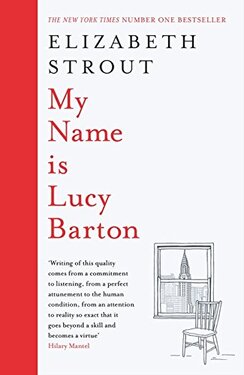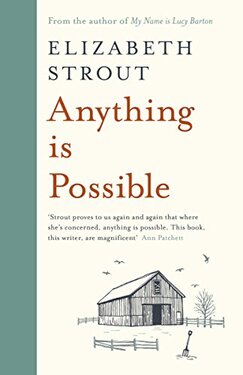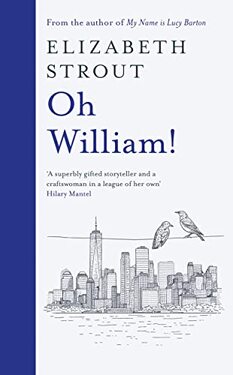Were it not for the addition of Elizabeth Strout’s Oh William! to the 2022 Booker Prize longlist I would likely have never considered a read of My Name Is Lucy Barton, itself making the longlist for the 2016 prize. As Oh William! is the third book involving the eponymous Barton, it made sense to go back – even when assured it can standalone – and get the whole story.
My Name is Lucy Barton is the account of a woman who, in remembering a pivotal moment in her life, a prolonged stay in care after a routine operation, recalls the time her mother unexpectedly came to visit and stayed by her bedside for five days. Not having the best relationship with her mother – they hadn’t seen each other in years – she lies in the hospital bed, and they talk.
While the five day visit frames the novel, their conversations open up the past, with Lucy forced to remember her poverty-stricken upbringing in the small town of Amgash, Illinois, a far cry from her new life in New York as a successful novelist. Then she grew up, her family isolated from the main town and the nastiness of children (‘Your family stinks!’), but also adults, including her parents.
The confrontation of the past as Barton unpicks deep emotional wounds in her family relationships, is balanced by the kindness of strangers. But, as her mother tells, with thick brush strokes, of other people back in Amgash, we can recall Tolstoy’s line concerning unhappy families.
At the time of her memories, Barton is not yet a novelist, and takes advice from another who believes the job is “to report on the human condition, to tell us who we are and what we think and what we do”. It’s an influence that clearly has an effect on Barton-as-narrator as she seeks to get at the humanity behind each character. But to do so is to only get at one version of the truth as other people have their own.
Strout’s not a showy writer. Her prose is tight, pared back, saying only what needs to be said and allowing gaps for the imagination to breathe. But in this economy, her work is packed with emotional insight and a keen eye and ear for how people act and interact, for better or worse. I’m glad the Booker has forced me to discover her.



2 Replies to “Elizabeth Strout: My Name is Lucy Barton”